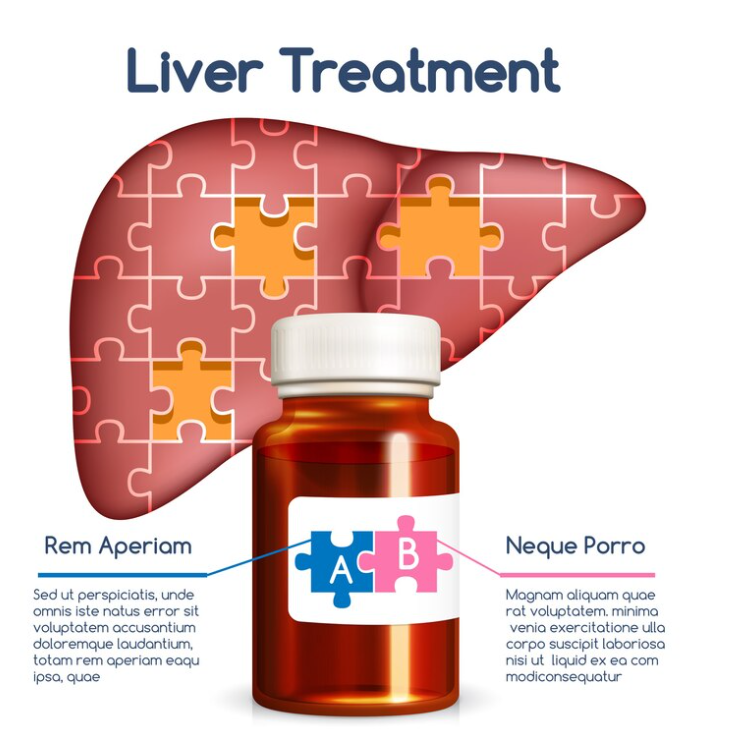
Hepatitis C and Liver Health: Long-Term Implications
Introduction: Your liver plays a vital role in your overall health, and when it comes to Hepatitis C, understanding the long-term implications on liver health is crucial. Let’s explore what Hepatitis C means for your liver in simple language.
Hepatitis C and Liver Health
Hepatitis C is a viral infection that primarily affects the liver. When the Hepatitis C virus (HCV) enters your body, it targets liver cells, leading to inflammation and damage over time. This damage can progress slowly, often without noticeable symptoms in the early stages.
Long-Term Implications
Left untreated, Hepatitis C can lead to serious long-term implications for your liver health, including:
- Liver Cirrhosis: Chronic inflammation and scarring of the liver, known as cirrhosis, can develop over years or decades of untreated Hepatitis C. Cirrhosis can impair liver function and increase the risk of complications such as liver failure and liver cancer.
- Liver Cancer: Hepatitis C infection increases the risk of developing liver cancer, particularly in individuals with advanced liver disease or cirrhosis. Regular monitoring and early detection are essential for managing the risk of liver cancer in Hepatitis C patients.
- Liver Failure: In severe cases of Hepatitis C, prolonged liver damage can lead to liver failure, where the liver is no longer able to function adequately. Liver failure is a life-threatening condition that may require liver transplantation for survival.
Protecting Your Liver
While the long-term implications of Hepatitis C on liver health can be concerning, there are steps you can take to protect your liver and minimize the risk of complications:
- Seek Treatment: Effective antiviral treatments are available for Hepatitis C that can reduce viral load, slow down liver damage, and even cure the infection in many cases. Early diagnosis and treatment are crucial for preventing long-term liver complications.
- Maintain a Healthy Lifestyle: Adopting healthy habits such as eating a balanced diet, getting regular exercise, avoiding alcohol and recreational drugs, and practicing safe sex can help support liver health and overall well-being.
- Regular Monitoring: Attend regular check-ups with your healthcare provider to monitor your liver health and assess for any signs of progression or complications. Routine liver function tests and imaging studies can provide valuable information about your liver health status.
By understanding the long-term implications of Hepatitis C on liver health and taking proactive steps to protect your liver, you can minimize the risk of complications and lead a healthier life.
To seek medical advice, always consult a Doctor. Here are our recommended experts. Click here
To read more on Respiratory disease . Click Here


